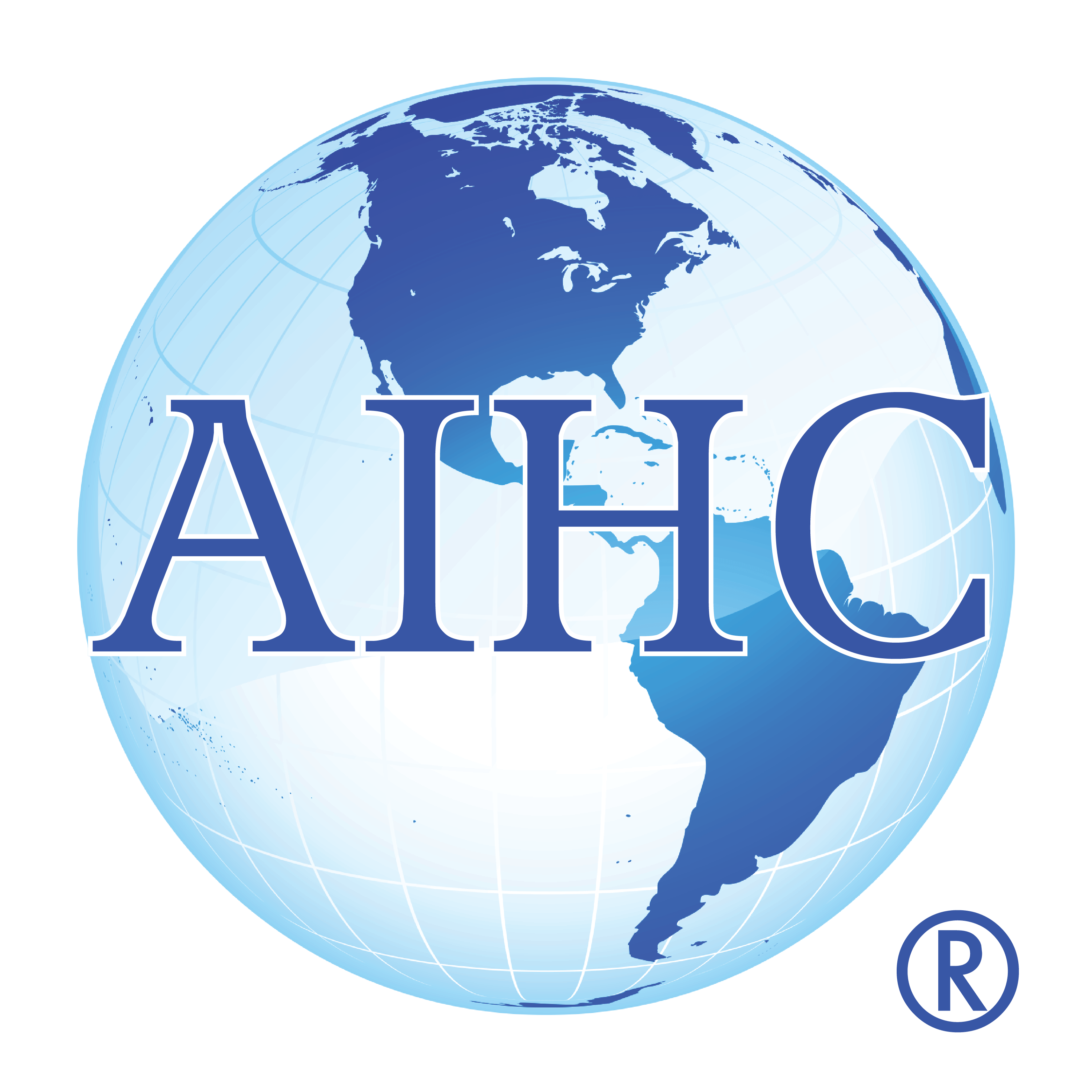Written by: Melvin Miller, Chief Operating Officer
With rising consumerism, patients have increasing responsibility for payments. The growth of high deductible health plans (HDHPs) is a clear indicator of this trend. It is, therefore, important to clearly understand the patient's responsibility for payments upfront and determine coverage.
This article highlights the importance of patient eligibility and benefits verification.
What is patient eligibility and benefits verification?
A healthcare practice must verify a patient's coverage for medical services and determine their responsibility for payments. Through the patient eligibility and benefits verification process, physician practices can confirm the coverage offered by the health plan and copayments, deductibles, and co-insurance with the health plan.
Verification of eligibility promotes the collection of the coverage status and reduces the likelihood of claims getting denied. It enables healthcare providers to collect payments from patients proactively and prevents delays in cash realization.
Information to be provided for patient eligibility and benefits verification
One of the fundamental components of the front-office tasks is to collect the patient details upfront and enable the verification of benefits by insurance verifiers.
Healthcare providers must train staff members on the insurance verification processes. Efficient processing reduces the likelihood of denials and accelerates the cash flow cycle.
Electronic and manual eligibility verification processes
Most payers have made available interfaces to check eligibility online. By verifying eligibility electronically before the scheduled patient appointment, you will be able to:
- Get accurate information about the patient's insurance status and understand the benefits of the health plan.
- Determine if you must collect a co-pay at the time of service.
- Update insurance details.
- Get patients to update primary care physician details.
Sometimes, it may be necessary to call the payer with questions related to prior authorization requirements or clarify some eligibility and benefits elements.
Timeliness of eligibility checks
Healthcare providers must check eligibility at least 48 hours before the visit. Should this not be possible, it can be done in real-time during check-in before the treatment. Timely eligibility checks help you reduce claim rejections and denials. Most electronic health records and revenue cycle management systems have electronic eligibility checking functionality. By verifying the patient's coverage before care delivery, your practice will be able to reduce denials and improve revenue realization.
Importance of process documentation
The needs of your practice are unique. A substance use support clinic has very different eligibility verification requirements from a hospital or radiology clinic. Hence, each institution must create specific eligibility and benefits verification workflows. All your team members need to collaborate effectively and ensure efficient completion of all steps.
Checklist for eligibility verification
The following are some of the best practices for the patient eligibility and benefits verification process.
- Check if the plan is active.
- Always quiz the patient about any impending or recent insurance changes.
- Check if the patient has multiple insurances – primary, secondary and tertiary. Ensure that the patient has updated the Coordination of Benefits (COB) with each payer.
- As a significant percentage of the population in the United States is aging, verify the Medicare coverage for patients who are above 65 years of age.
- Understand if you need prior authorization or a referral for the specific medical service. If referrals or authorizations are needed, please obtain them and update the revenue cycle system.
- Confirm if the patient's policy covers the procedure.
- Some plans may stipulate the number of visits and time frame in which medical services can be delivered and have a ceiling on the benefit limits. The front office must obtain these details.
- Specific services such as behavioral and mental health, substance abuse, and addiction may require a call to the insurance company. You may not be aware of these requirements and must refer to payer-specific guidelines.
- Collect the payments for deductibles, copayments, and co-insurance based on the policy details. Pursuing patient collections can be tedious, and you must collect as much upfront as stipulated.
- Collect additional information.
Social determinants of health are becoming an essential element of care delivery and promote healthcare equity and access. Characteristics such as race, gender, ethnicity, date of birth, preferred language, etc., are essential for Meaningful Use reporting. These characteristics are also crucial for health equity studies.
Outsourcing eligibility and benefits verification processes
An outsourced service provider can help you carry out eligibility and benefits verification processes. Their training processes help you get expert workers at reduced costs and reduce the workload on your revenue cycle team. Some of the benefits of outsourcing are:
- Freeing up your staff's time to focus on other patient experience improvement and revenue cycle functions.
- Speeding up time to care delivery.
- Reducing denials and accelerated cash flow.
- Reducing costs through labor rate arbitrage.
- Well maintained policies and procedures.
- Shifting the focus to denial prevention by reducing the number of eligibility and benefits related denials.
Eligibility and benefits verification company competencies
Efficient eligibility and benefits verification processes are essential for your organization's financial well-being. The process also accounts for the highest component of claim denials. You need to learn from each denial and constantly improve. Retain a company which can provide seasoned revenue cycle workers who can support your front-office staff with eligibility and benefits verification processes as well as comprehensive revenue cycle solutions to reduce costs and improve efficiency.
Additional Resources:
- Medical Billing Wholesalers - https://www.medicalbillingwholesalers.com
_________________________________________________________Melvin Miller is an experienced Chief Operating Officer with a demonstrated history of working in the healthcare industry for over 15 years, Satish, a.k.a. Melvin, has experience in team building, business development, Healthcare Information Technology (HIT), revenue cycle process training, US. Health Insurance Portability and Accountability Act (HIPAA), and Healthcare Management.
